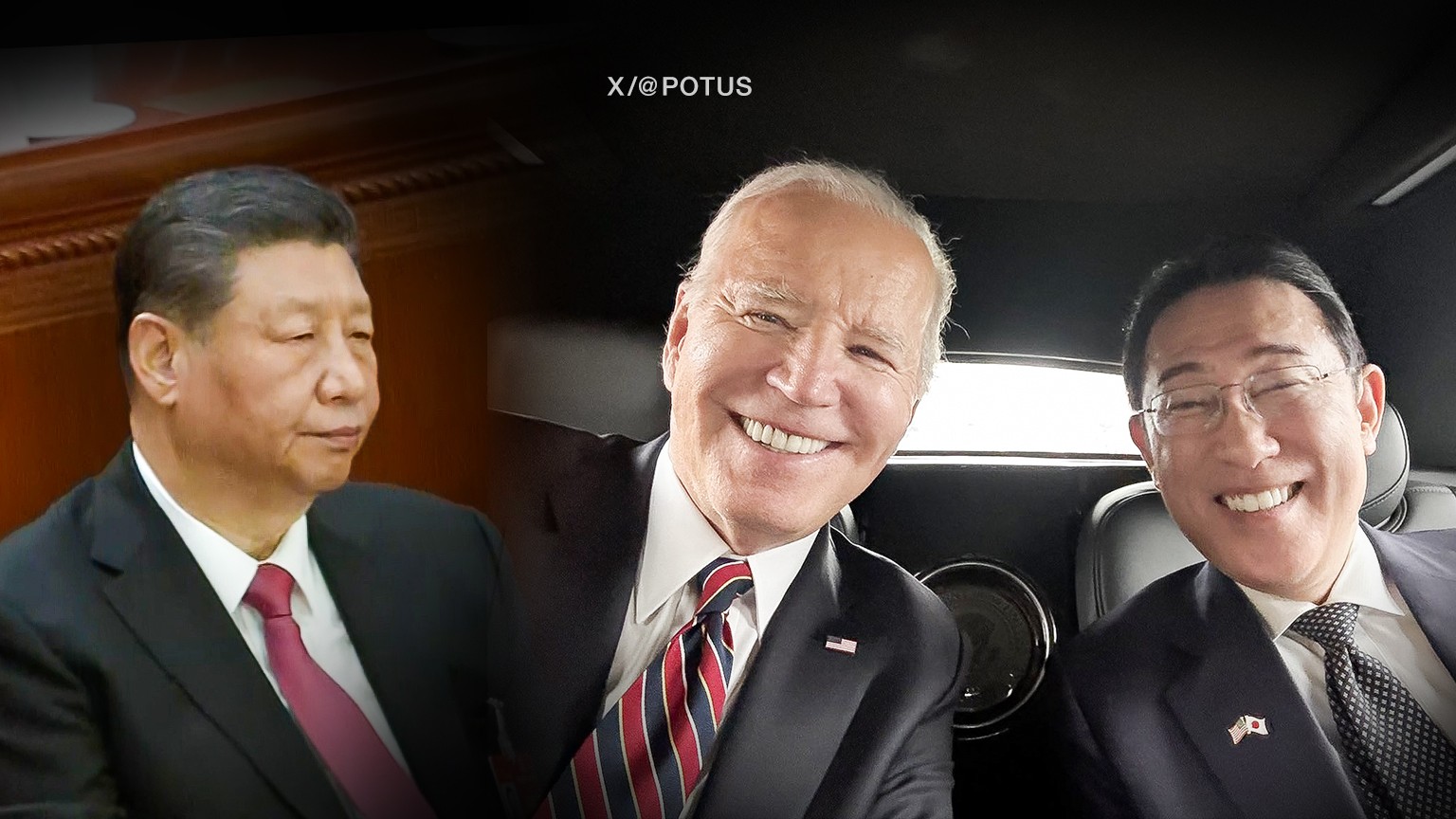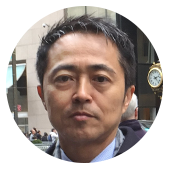"Historic moment"

Japanese Prime Minister Kishida Fumio and US President Joe Biden unveiled details of plans to deepen their defense ties at a joint news conference on Wednesday, following a bilateral summit at the White House. They started by describing the summit as a "historic moment."
Biden said "Over the last 3 years, the partnership between Japan and the United States has been transformed into a truly global partnership."
Kishida said "In order to have peace, stability and prosperity, a free and open international order based on the rule of law must be firmly protected and solidified."
Closer communication for US military, Japan Self Defense Forces
Among other topics, the two leaders said command and control structures between the US military and Japan's SDF will be improved, leading to better coordination.
They also plan talks about the possible joint development and production of defense equipment.
Eyes on China
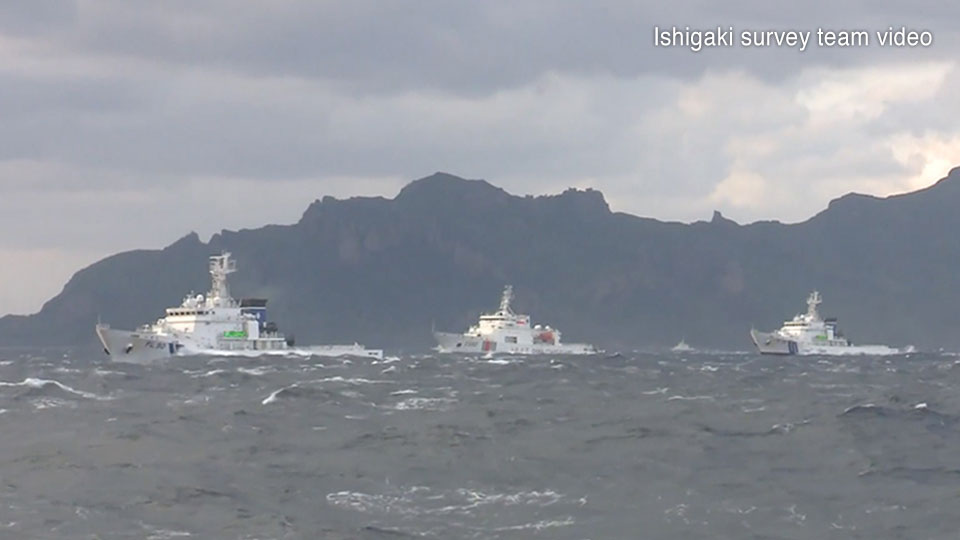
Kishida and Biden reaffirmed the importance of maintaining a rules-based international order. They also referred to China's activities in the South and East China Seas, and agreed to oppose any attempts to unilaterally change the status quo by force or coercion.
In line with this, they noted that communication with Chinese leadership is vital.
Kishida said: "We will continue our dialogue with China and we will cooperate with China in tackling common challenges."
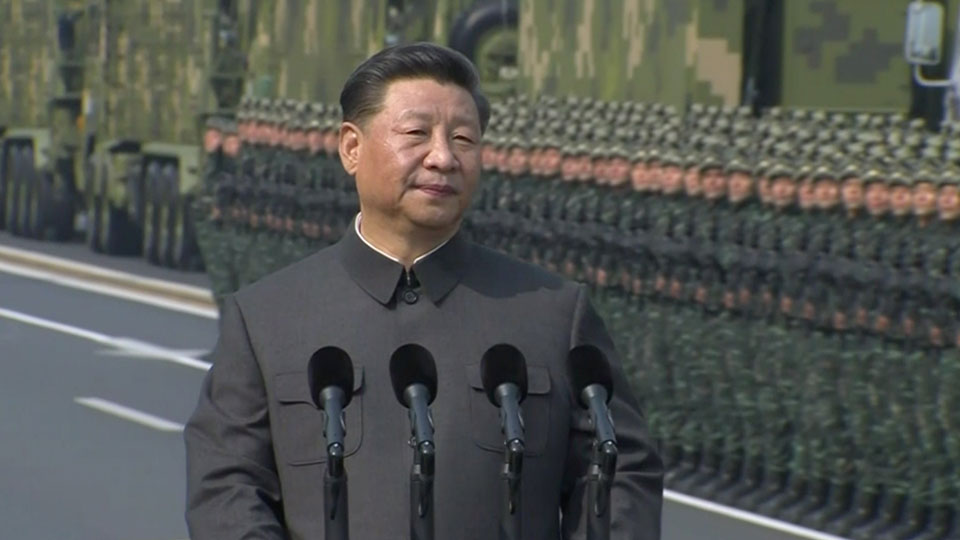
The two also stressed the importance of peace and stability in the Taiwan Strait, with Kishida saying they had "confirmed our position to encourage peaceful resolution of the Cross-Straits issue."
Given China's increasing assertiveness, they plan to further discuss economic issues such as cutting-edge semiconductor technologies and supply chain resilience for resources like rare minerals.
They will also deepen cooperation in quantum tech and artificial intelligence.
Japan-US tie up with other alliances
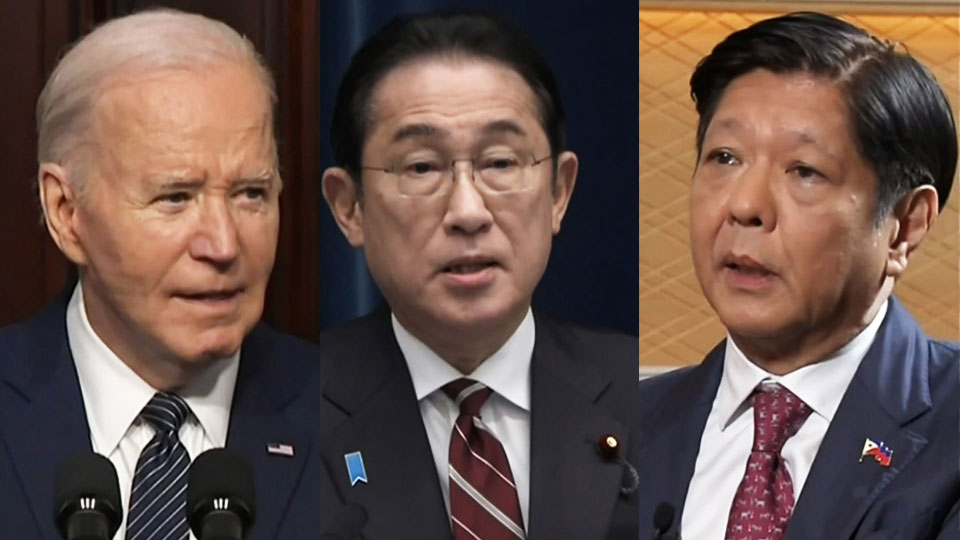
In a step towards broader alliances, Kishida and Biden will hold talks with Philippine President Ferdinand Marcos Jr. They are expected to further discuss defense ties in light of China's recent maritime activity.
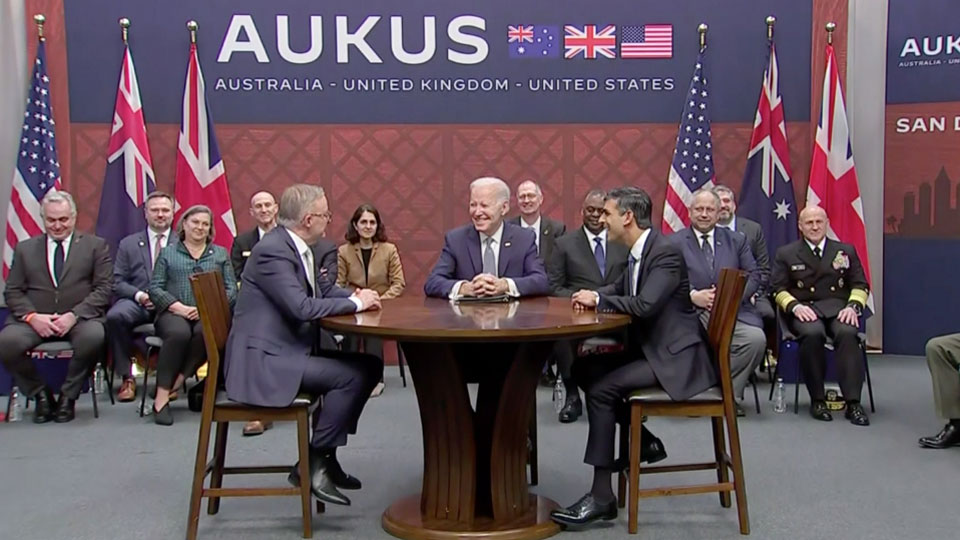
Washington says it plans to work on cutting-edge technologies with Japan through the framework of its trilateral security alliance with the United Kingdom and Australia, known as AUKUS.
North Korea and Russia
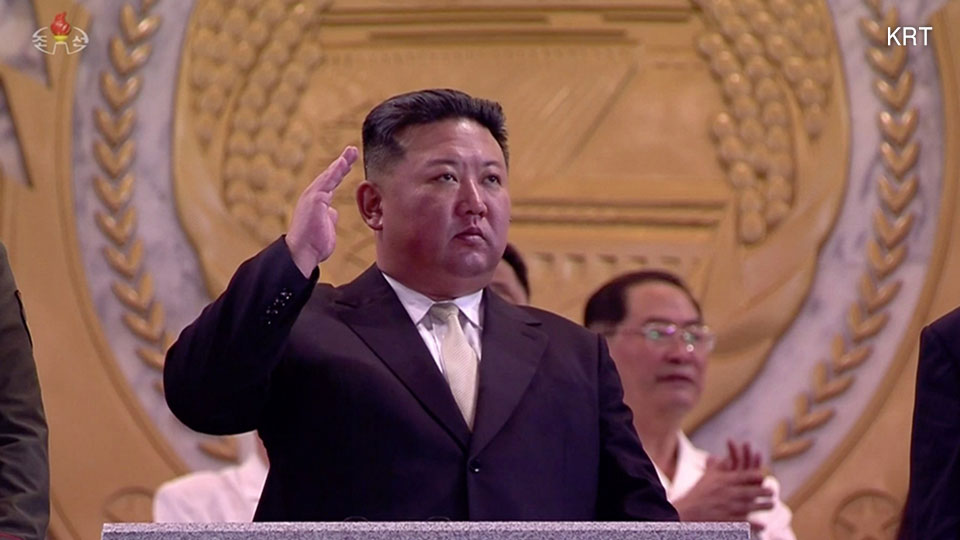
As for North Korea, the two agreed they will urge the country to abide by UN Security Council resolutions regarding its missile and nuclear programs.
They will continue to impose sanctions against Moscow amid Russia's invasion of Ukraine.
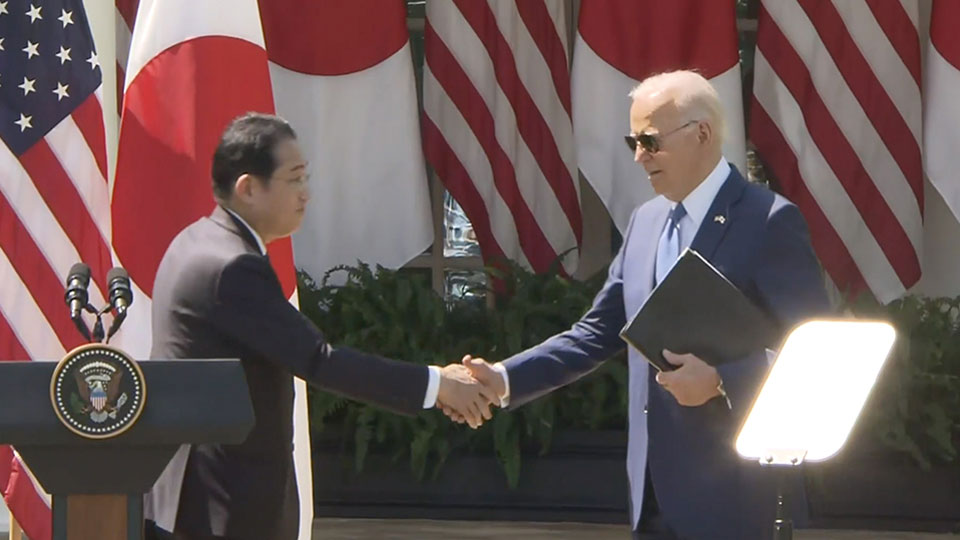
Kishida stressed the importance of advancing and strengthening US-Japan deterrence and response capabilities. Biden echoed this, saying their bilateral cooperation was "purely about defense and readiness" along with restoring stability in the Asia Pacific region.
We asked NHK World's International Politics Commentator Hanazawa Yuichiro what the significance of the meeting was.
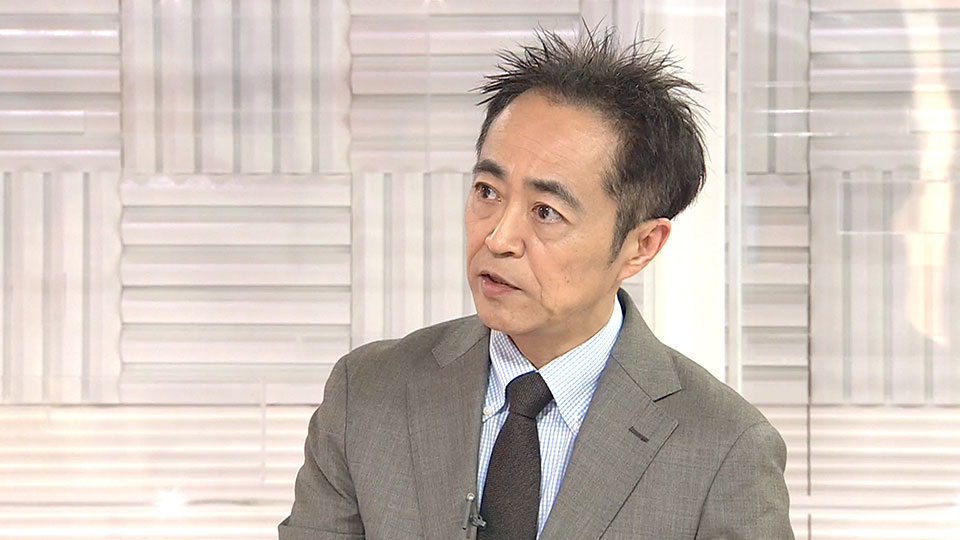
Q1: What are the main points of this summit?
A1: This meeting marks a key change: adjusting the alliance to respond to the new international situation. I think it can be called a historic turning point.
The primary purpose is to counter an increasingly assertive China. In particular, it aims to prevent a Chinese invasion of Taiwan by enhancing deterrence.
This time, both countries agreed to strengthen the functions of the command of the U.S. forces in Japan. This is so that, in the event of a Taiwan contingency, they can immediately consult and coordinate with Japanese joint headquarters to respond more quickly. It also shows there is a sense of urgency on the part of both governments that a Taiwan contingency could become a real possibility.
The two sides also confirmed cooperation in areas such as semiconductors, telecommunications networks, and critical minerals. These are aimed at preventing China from obtaining cutting edge semiconductors and using critical minerals for economic coercion.
As a result, the meeting was unprecedentedly strategic in terms of creating a concrete posture to counter China in the security, technology, and economic areas.
Q2: Will the confrontation between the U.S. and China further intensify?
A2: The Biden administration's strategy is clear. It will continue to take actions against China, such as strengthening deterrence and restricting exports of semiconductors to China, to restrain it. At the same time, it will avoid too much tension by holding repeated summit and high-level meetings. This is what the Biden administration calls a "guardrail." It means controlling tension so it does not get out of control.
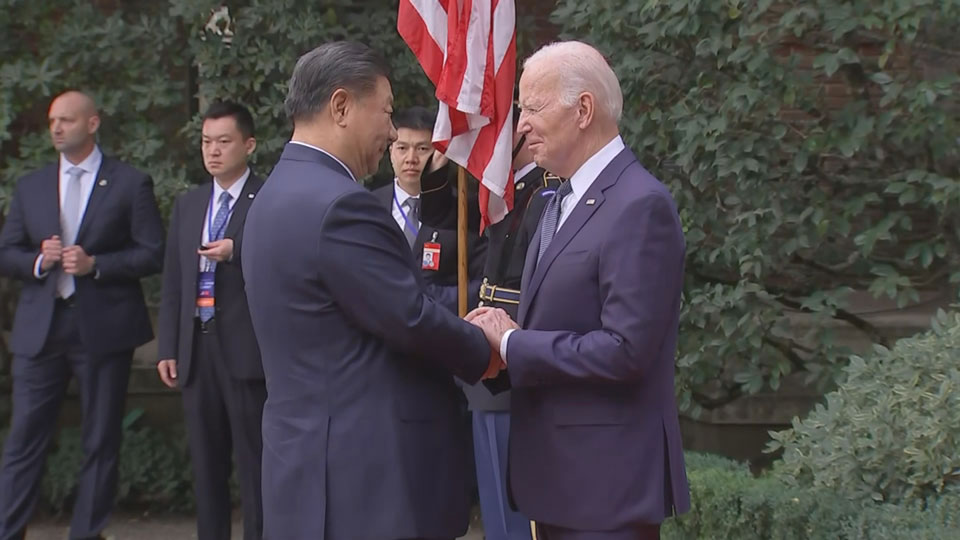
The Chinese are becoming increasingly frustrated with this U.S. approach. But China's economic situation has been getting tougher. The real estate industry has fallen sharply and foreign direct investment plunged more than 80% last year compared to 2022. In a phone call between President Biden and Chinese President Xi Jinping last week, Xi repeatedly urged the U.S. not to suppress the Chinese economy. Biden, however, made it clear that he would not change his policy. China is trying to improve relations with the U.S. and weaken Washington's impact, but cannot find any concrete measures. With things proceeding according to the U.S. strategy, the U.S. side has further intensified its pressure at this summit.
Q3: What is the significance of this meeting for Japan?
A3: It was a very important outcome in terms of strengthening preparations for a Taiwan contingency. Another important result was that Japan and the U.S. called themselves "global partners" and have announced that they will work together on global issues.
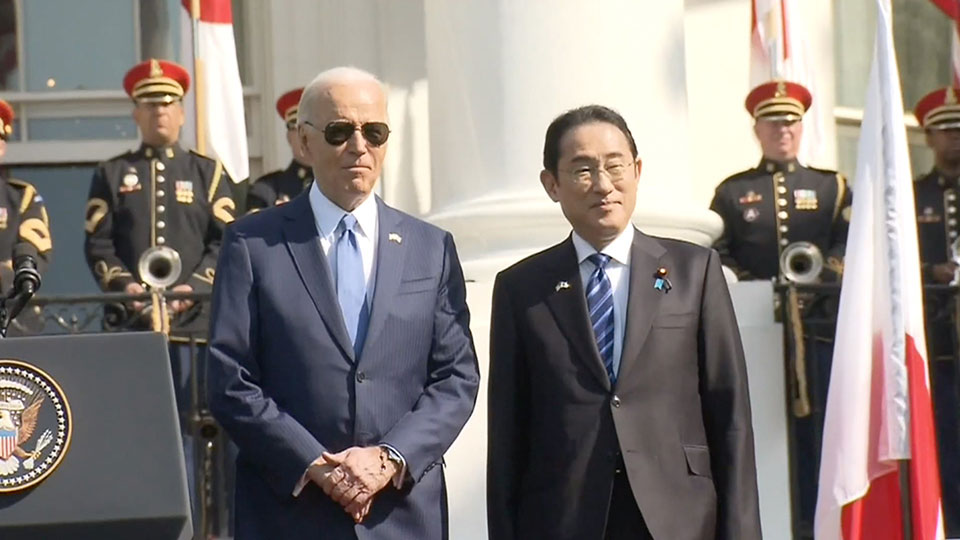
This is a statement of Japan's commitment to actively contribute to world peace, not only in the Asia-Pacific region. It was a significant meeting that marked a major turning point for Japan. And it was also an important opportunity for Prime Minister Kishida, whose approval rating has been weak, and President Biden, who is preparing for the presidential election, to appeal to the public by promoting the close relationship with their respective allies.
Q4: What is the significance of a three-way summit meeting including the Philippine President Ferdinand Marcos Jr.?
A4: This too is a symbolic event, showcasing the strong determination of the three countries to stand up to China's high-handed moves. It also shows the growing importance of the Philippines to the U.S. and Japan. The background is concern over a potential Chinese invasion of Taiwan — and was prompted by a major change in foreign policy from the previous administration to the Marcos administration.
These bilateral and trilateral summits this time symbolize a major trend — the U.S. strengthening its unity with allies to counter China.
More details about strengthening cooperation between Japan, the US and the Philippines.
https://www3.nhk.or.jp/nhkworld/en/news/backstories/3172/
In the future, it is likely that Japan and the U.S. will accelerate the trend of further intensifying pressure on China, while carefully watching for the possibility of a stronger reaction by Beijing.
